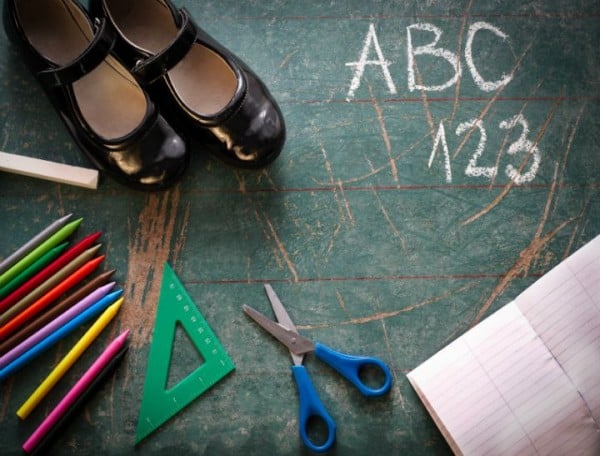
It’s the debate we hear over and over again – school starting ages. Should you send your child when they are age-eligible or should you delay their entry? And why-oh-why can’t there just be a flat out rule. A definitive age your child must go at?
The answer to that is as easy as looking at your own children.
When I look at my three kids I see how different they are, different needs, different skills and different temperaments. Much like your children I am guessing.
The reason there is such a wide gap is that children are so vastly different and have different needs.
Kay Margetts, an Associate Professor in Early Childhood Studies told The Motherish that it is a tricky issue fraught with many different concerns for parents. But that she firmly believes we should just wait till they are five.
“There is little or no research, I do not know of any, showing that starting school before age 5 is of benefit to children,” she said.





